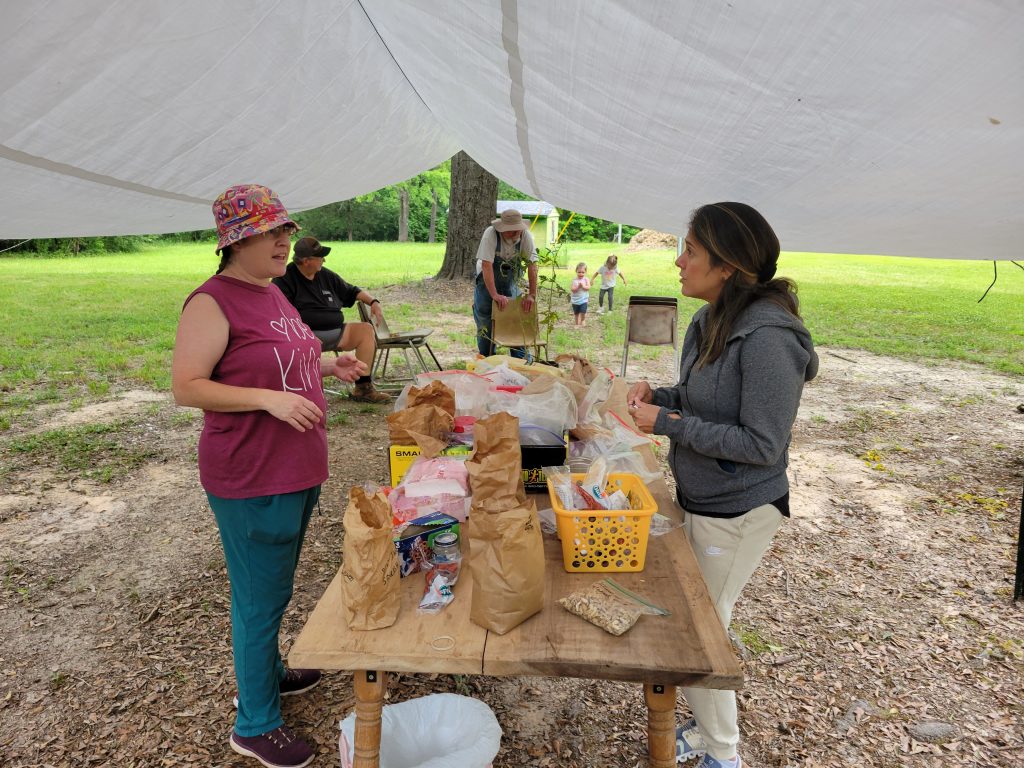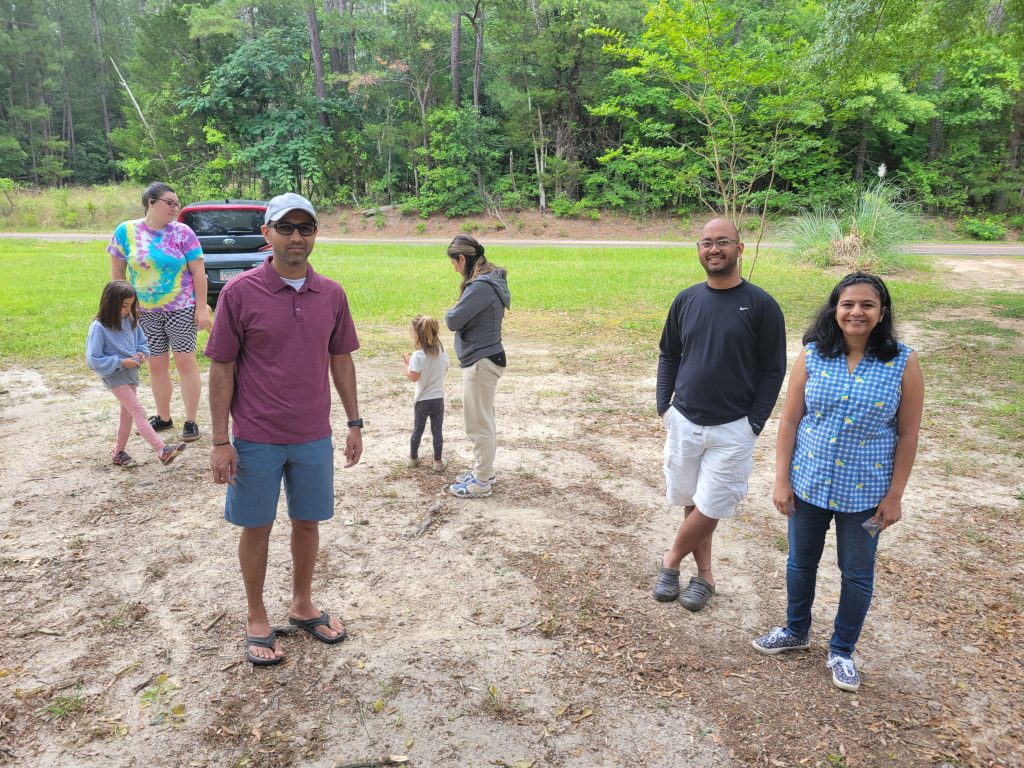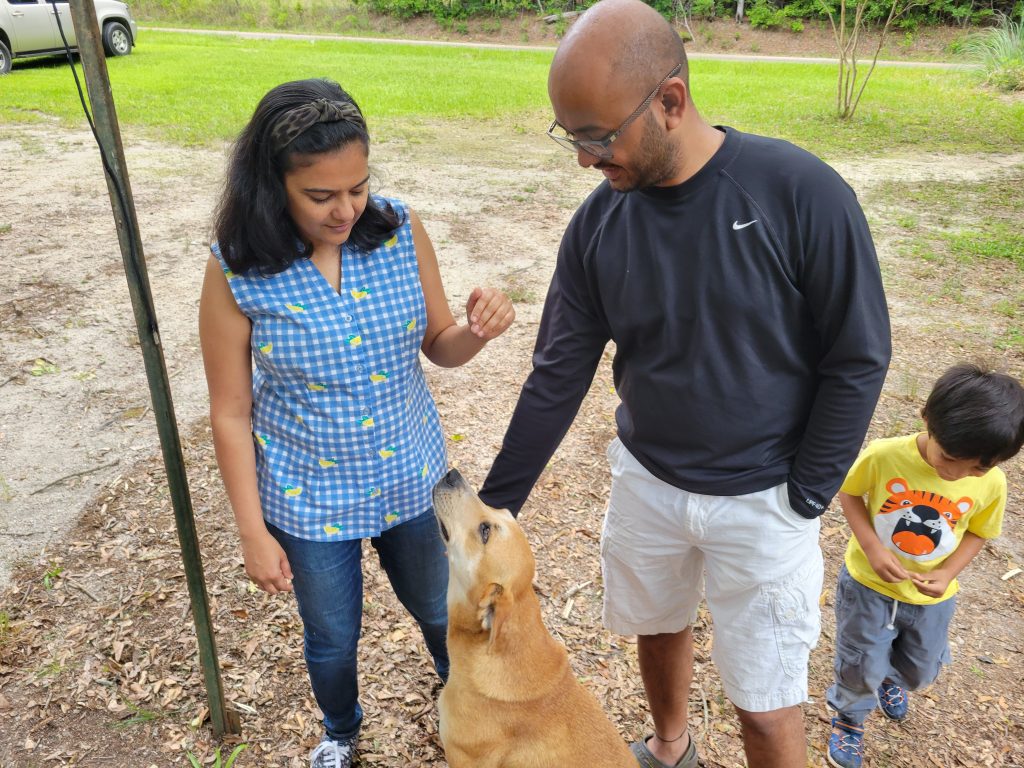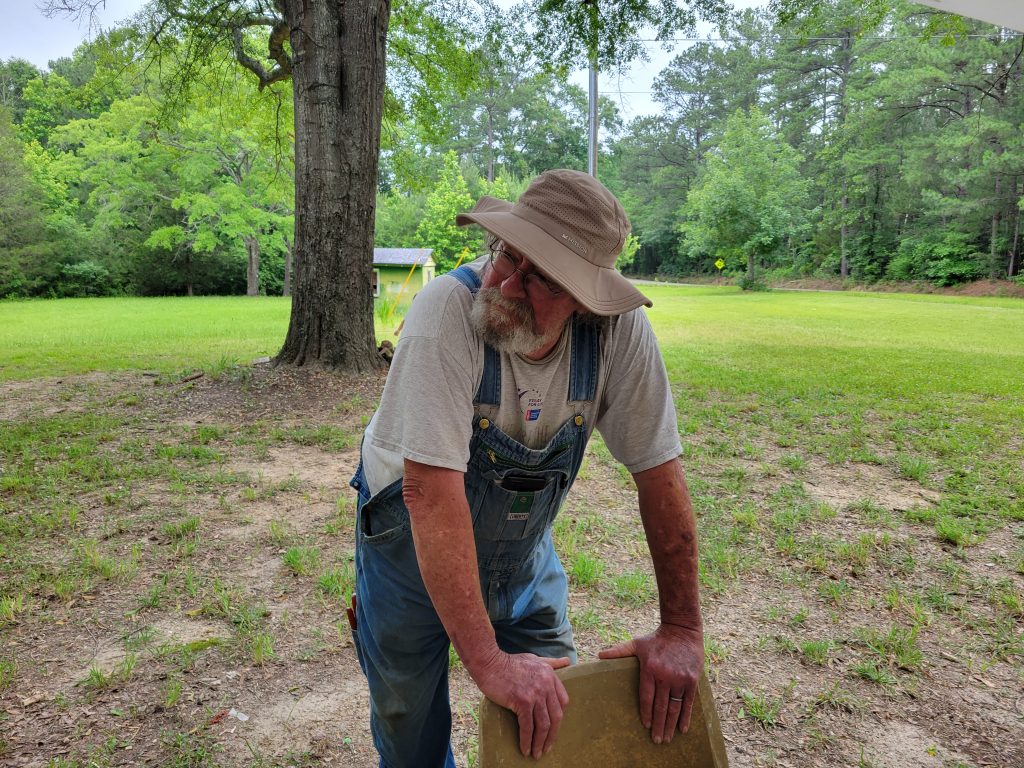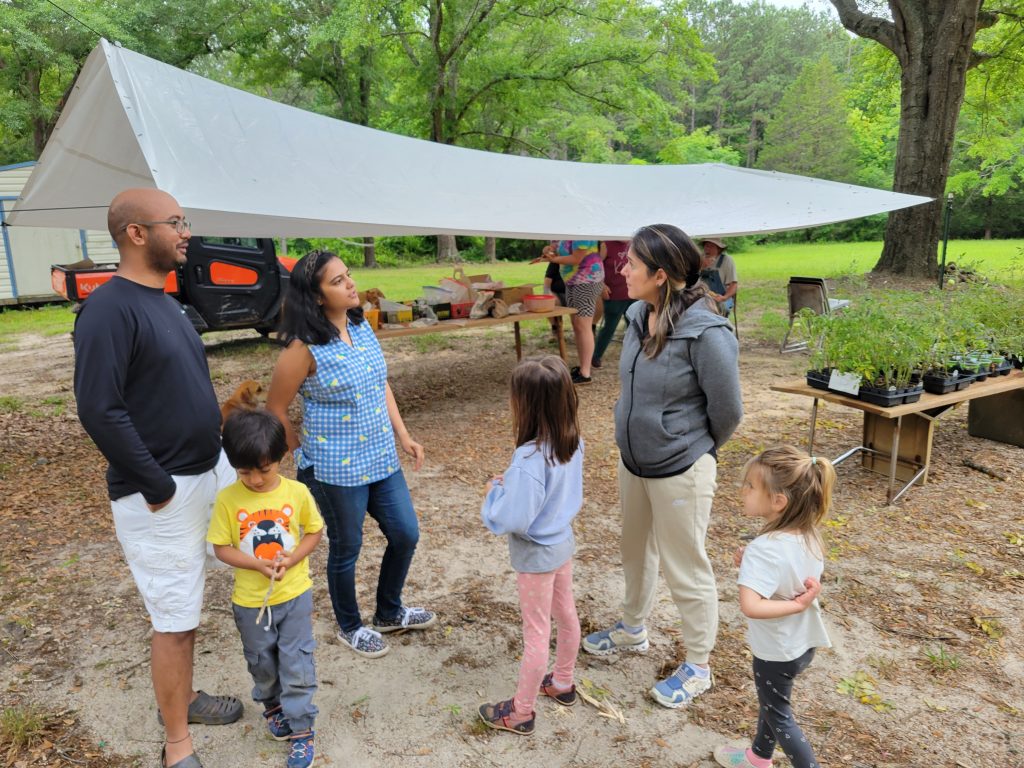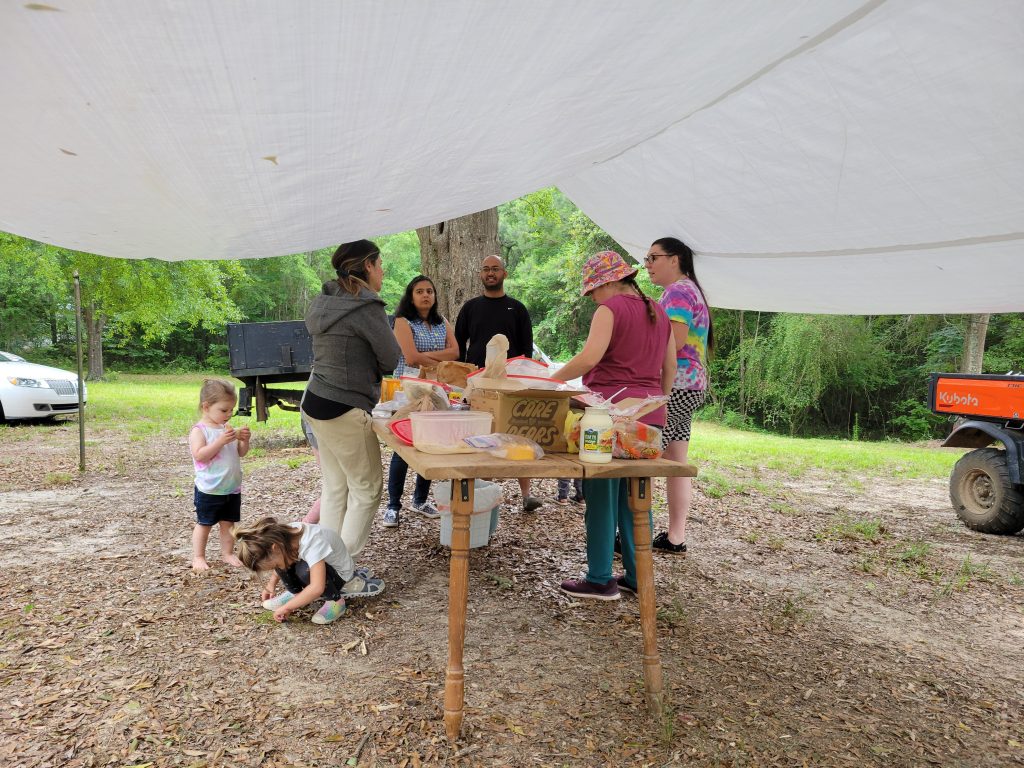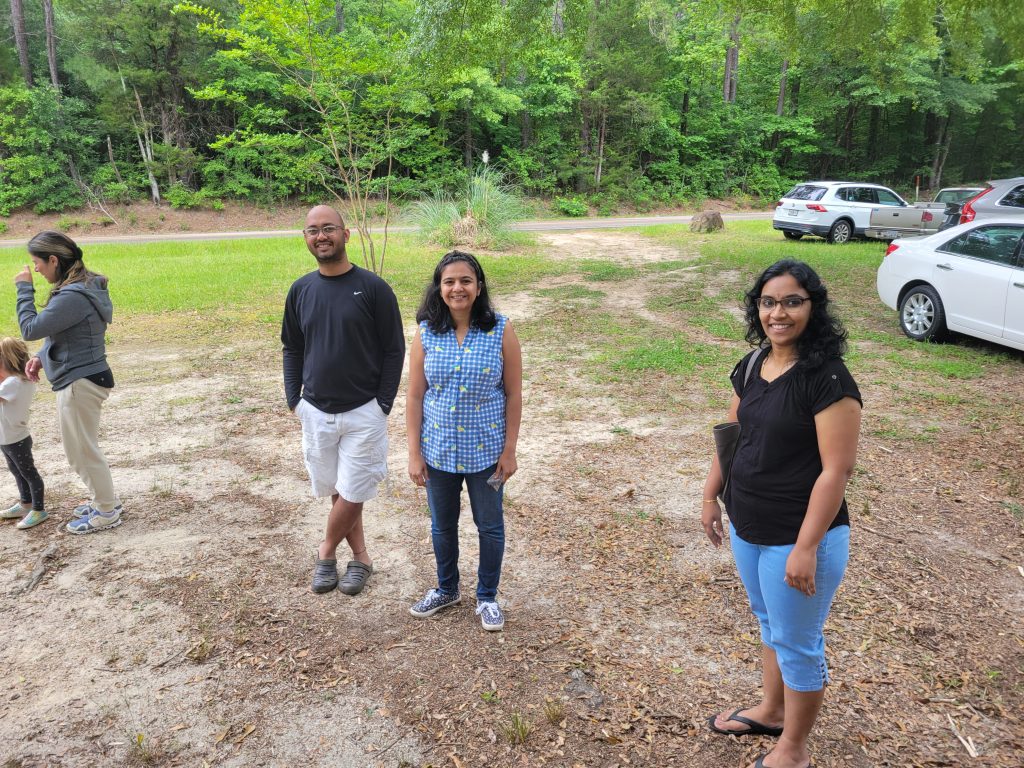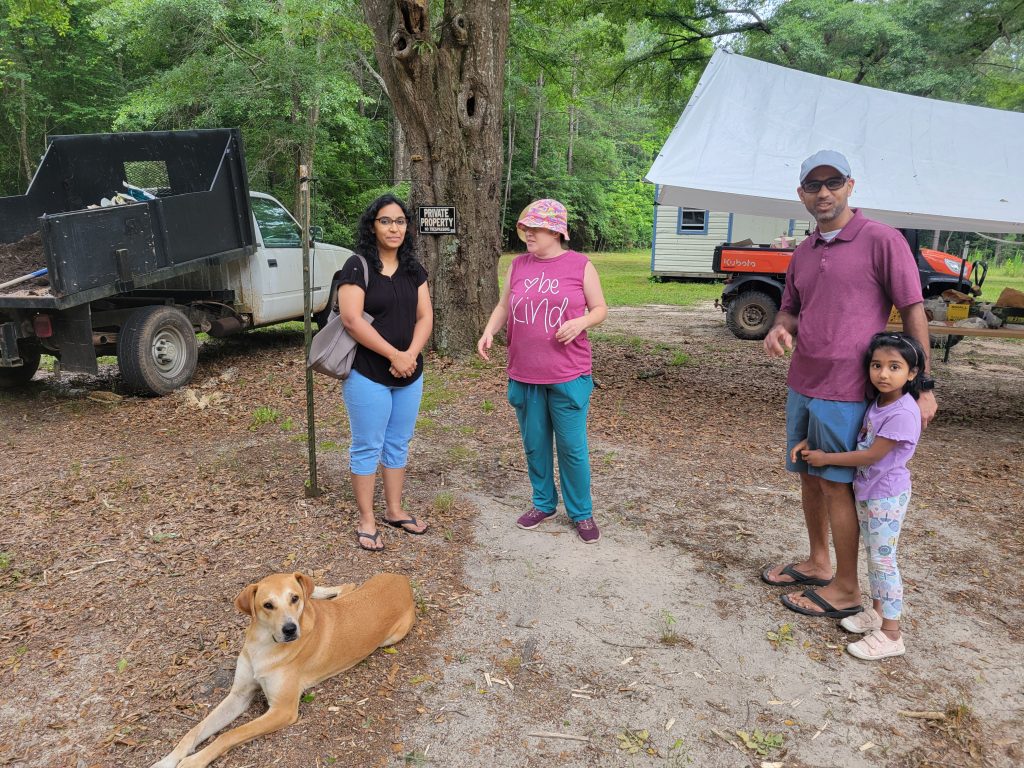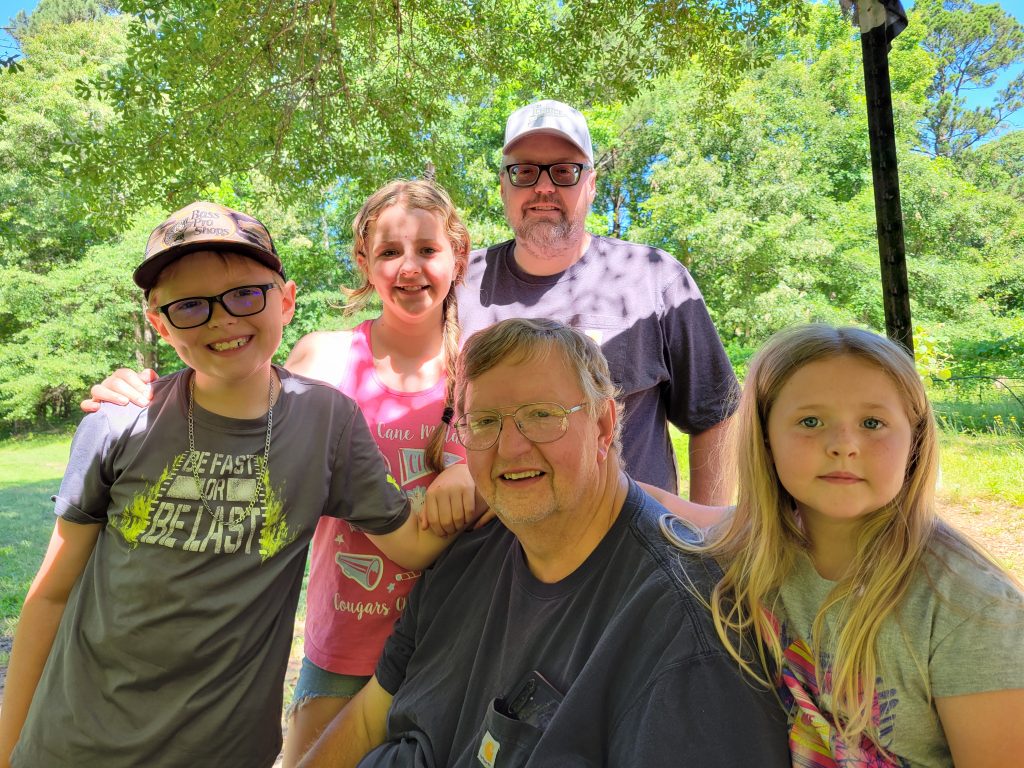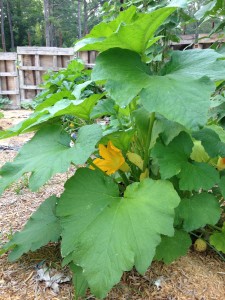 Gray Hill School Farm was created on faith. Our main outdoor workshop site is at 143 Grayhill School Road, West Point, GA, but we utilize other workshop sites in our local area.
Gray Hill School Farm was created on faith. Our main outdoor workshop site is at 143 Grayhill School Road, West Point, GA, but we utilize other workshop sites in our local area.
Gray Hill School Farm is a catalyst for community abundance and self-sustainability across generations. We organize classes and resources to create working and thriving infrastructure for clean healthy living. Some of these topics are permaculture techniques, gardening, organic practices, cheese-making, sewing, food preservation through canning and dehydration, rotational grazing, foraging, seed-saving, greenhouse techniques, and more. Most of our workshops are free to whoever wants to learn. Community involvement is enhanced by giving a voice to generational information that has been handed down. Skills are also taught that would otherwise be lost. In our workshops we often distribute materials, seeds, plants, and even compost for free.
Gray Hill School Farm is a 501 (c) (3) non profit charitable organization.
A bit further
The vision for community abundance is a collective of projects to create sustainable infrastructure. Philanthropists of this generation need to become “farmlandthropists”. Individuals, organizations and municipalities working together will ensure generational resources for our families and communities. When we create food we create jobs.
The 33rd parallel is one of the best places to grow food crops in the country. Our near perfect climate, sunlight hours, and available water, are ideal for year round growing, with minimum heat and cooling requirements. The rolling foothills in this area create a multitude of microclimates suitable for a huge variety of species and crops. With the creation of mini-eco-systems, much more can be produced on smaller acreage, with less inputs and labor.
By the time our children and grandchildren enter the workforce, much of the agricultural economy will have shifted to our part of the country. Napa Valley is quickly running out of water. Many of the mega-farmers are looking at relocating to the southeast. Having sustainable infrastructure in place will prevent many of the same mistakes from occurring here.
Individually:
- Home Gardens– There are many ways to make small backyard gardens and orchards easier and less expensive to grow and maintain. Seniors, children, and working adults can benefit from methods that require less time and energy to produce healthy, home grown food.
- Small/Medium Scale Farming– Large yields produced on small acreage will encourage entrepreneurism and help keep family farms viable. Many techniques are scalable for larger operations.
Municipally:
- Municipal Composting –Troup County has the potential to save Millions of tax dollars, while reducing municipal waste treatment and discharge. Land fill Inputs would be reduced with a possible revenue stream from creating high yield topsoil for private and public use. Preliminary research indicates that Troup County is an ideal candidate for success.
- Food Forests- Planting large areas of food plants that mimic the natural growth in the area. We can identify what is already growing naturally, and finding edible or food bearing plants with similar characteristics to recreate self-sustaining eco-systems.
- Green Entrepreneurship- Attracting retirees and entrepreneurs. Providing mentorships, business training and tax incentives for agro/eco businesses will give our best and brightest an opportunity to stay and contribute to our community.
Community:
- Community Gardens- There are many areas in the city and county ideal for community garden sites. Starting with high yield, easy to grow crops such as collards or sweet potatoes.
Partnerships– Forging relationships with Schools, Churches, Organizations, Institutions, Home Schoolers, and Local Farms. Providing space and opportunities for Research Experiments, On-Site Gardens, Workshops, Videos, Internships, and Volunteer Opportunities.






